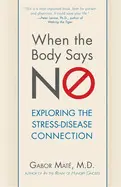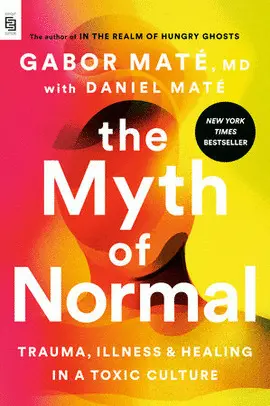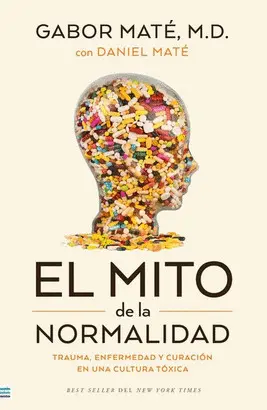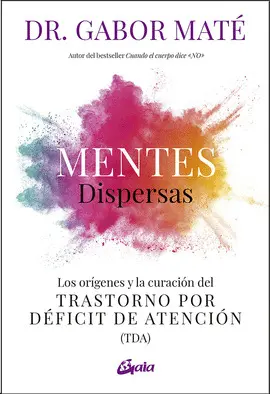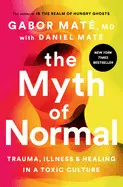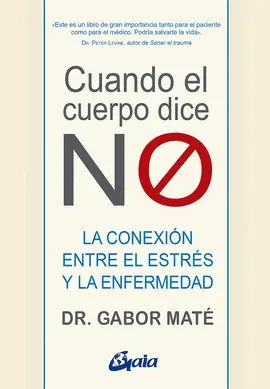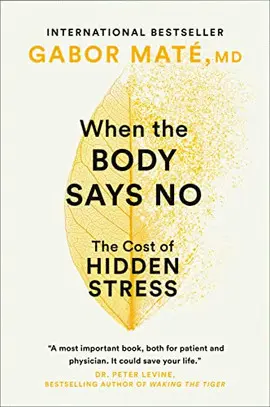When The Body Says no
The Cost Of Hidden Stress
Maté, Gabor
In this accessible and groundbreaking book -- filled with the moving stories of real people -- medical doctor and bestselling author of Scattered Minds, Gabor Mate, shows that emotion and psychological stress play a powerful role in the onset of chronic illness. u003cbru003eWestern medicine achieves spectacular triumphs when dealing with acute conditions such as fractured bones...
Sinopsis
In this accessible and groundbreaking book -- filled with the moving stories of real people -- medical doctor and bestselling author of Scattered Minds, Gabor Mate, shows that emotion and psychological stress play a powerful role in the onset of chronic illness. u003cbru003eWestern medicine achieves spectacular triumphs when dealing with acute conditions such as fractured bones or life-threatening infections. It is less successful against ailments not susceptible to the quick ministrations of scalpel, antibiotic or miracle drug. Trained to consider mind and body separately, physicians are often helpless in arresting the advance of most of the chronic diseases, such as breast cancer, rheumatoid arthritis, Crohn's disease, multiple sclerosis, fibromyalgia, and even Alzheimer's disease. u003cbru003eGabor Mate has found that in all of these chronic conditions, there is a common thread: people afflicted by these diseases have led lives of excessive stress, often invisible to the individuals themselves. From an early age, many of us develop a psychological coping style that keeps us out of touch with the signs of stress. So-called negative emotions, particularly anger, are suppressed. Dr. Mate writes with great conviction that knowledge of how stress and disease are connected is essential to prevent illness in the first place, or to facilitate healing. u003cbru003eWhen the Body Says No is an impressive contribution to current research on the physiological connection between life's stresses and emotions and the body systems governing nerves, immune apparatus and hormones. With great compassion and erudition, Gabor Mate demystifies medical science and, as he did in Scattered Minds, invites us all to be our own healthadvocates. u003cbru003eExcerpt from "When the Body Says Nou003cbru003e""Only an intellectual luddite would deny the enormous benefits that have accrued to humankind from the scrupulous application of scientific methods. But not all aspects of illness can be reduced to facts verified by double-blind studies and by the strictest scientific techniques. We confine ourselves to a narrow realm indeed if we exclude from accepted knowledge the contributions of human experience and insight. . . . u003cbru003e"In 1892 William Osler, one of the greatest physicians of all time, suspected rheumatoid arthritis to be a stress-related disorder. Today rheumatology all but ignores that wisdom, despite the supporting scientific evidence that has accumulated in the 110 years since Osler first published his text. That is where the narrow scientific approach has brought the practice of medicine. Elevating modern science to be the final arbiter of our sufferings, we have been too eager to discard the insights of previous ages." u003cpu003e"From the Hardcover edition.
Comentarios
Sé el primero en comentar este libroArtículos relacionados
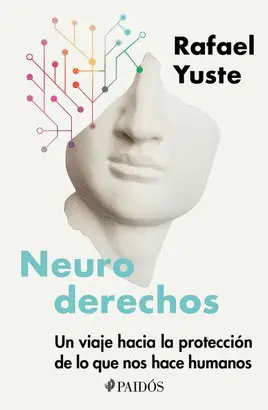
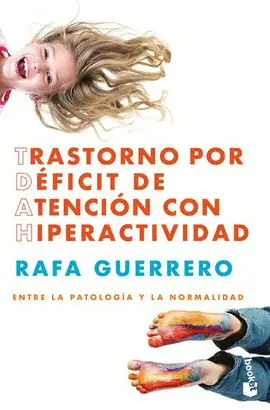
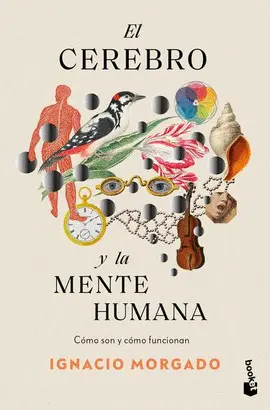
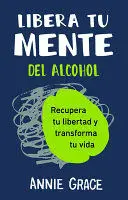

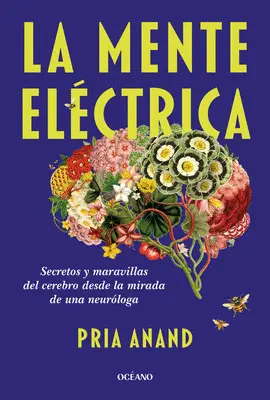
Otros libros del autor
